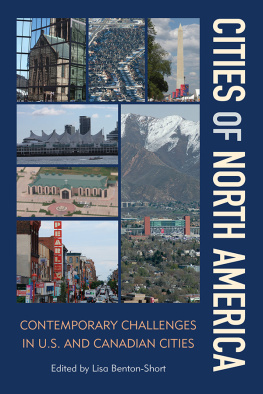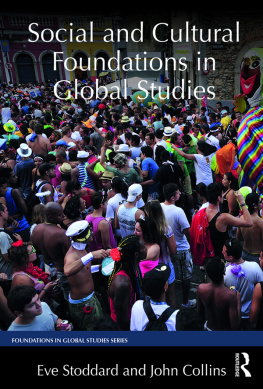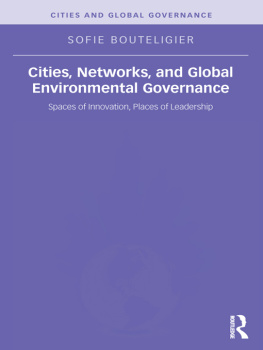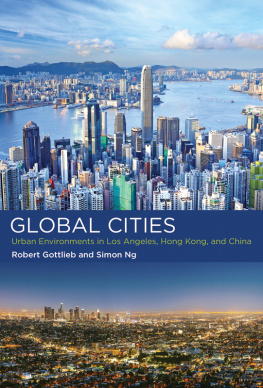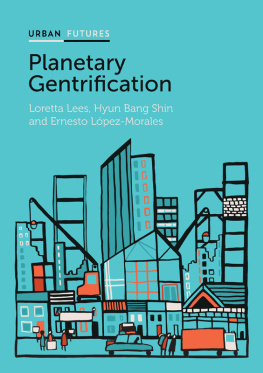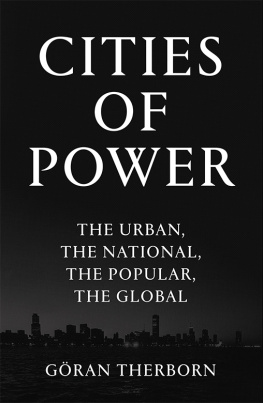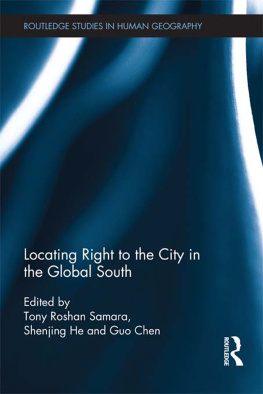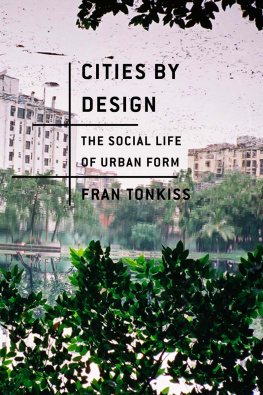Boris Vormann - Global Port Cities in North America: Urbanization Processes and Global Production Networks
Here you can read online Boris Vormann - Global Port Cities in North America: Urbanization Processes and Global Production Networks full text of the book (entire story) in english for free. Download pdf and epub, get meaning, cover and reviews about this ebook. year: 2014, publisher: Routledge, genre: Politics. Description of the work, (preface) as well as reviews are available. Best literature library LitArk.com created for fans of good reading and offers a wide selection of genres:
Romance novel
Science fiction
Adventure
Detective
Science
History
Home and family
Prose
Art
Politics
Computer
Non-fiction
Religion
Business
Children
Humor
Choose a favorite category and find really read worthwhile books. Enjoy immersion in the world of imagination, feel the emotions of the characters or learn something new for yourself, make an fascinating discovery.

- Book:Global Port Cities in North America: Urbanization Processes and Global Production Networks
- Author:
- Publisher:Routledge
- Genre:
- Year:2014
- Rating:4 / 5
- Favourites:Add to favourites
- Your mark:
Global Port Cities in North America: Urbanization Processes and Global Production Networks: summary, description and annotation
We offer to read an annotation, description, summary or preface (depends on what the author of the book "Global Port Cities in North America: Urbanization Processes and Global Production Networks" wrote himself). If you haven't found the necessary information about the book — write in the comments, we will try to find it.
As the material anchors of globalization, North Americas global port cities channel flows of commodities, capital, and tourists. This book explores how economic globalization processes have shaped these cities political institutions, social structures, and urban identities since the mid-1970s. Although the impacts of financialization on global cities have been widely discussed, it is curious that how the global integration of commodity chains actually happens spatially creating a quantitatively new, global organization of production, distribution, and consumption processes remains understudied. The book uses New York City, Los Angeles, Vancouver, and Montreal as case studies of how once-redundant spaces have been reorganized, and crucially, reinterpreted, so as to accommodate new flows of goods and people and how, in these processes, social, environmental, and security costs of global production networks have been shifted to the public.
Boris Vormann: author's other books
Who wrote Global Port Cities in North America: Urbanization Processes and Global Production Networks? Find out the surname, the name of the author of the book and a list of all author's works by series.

